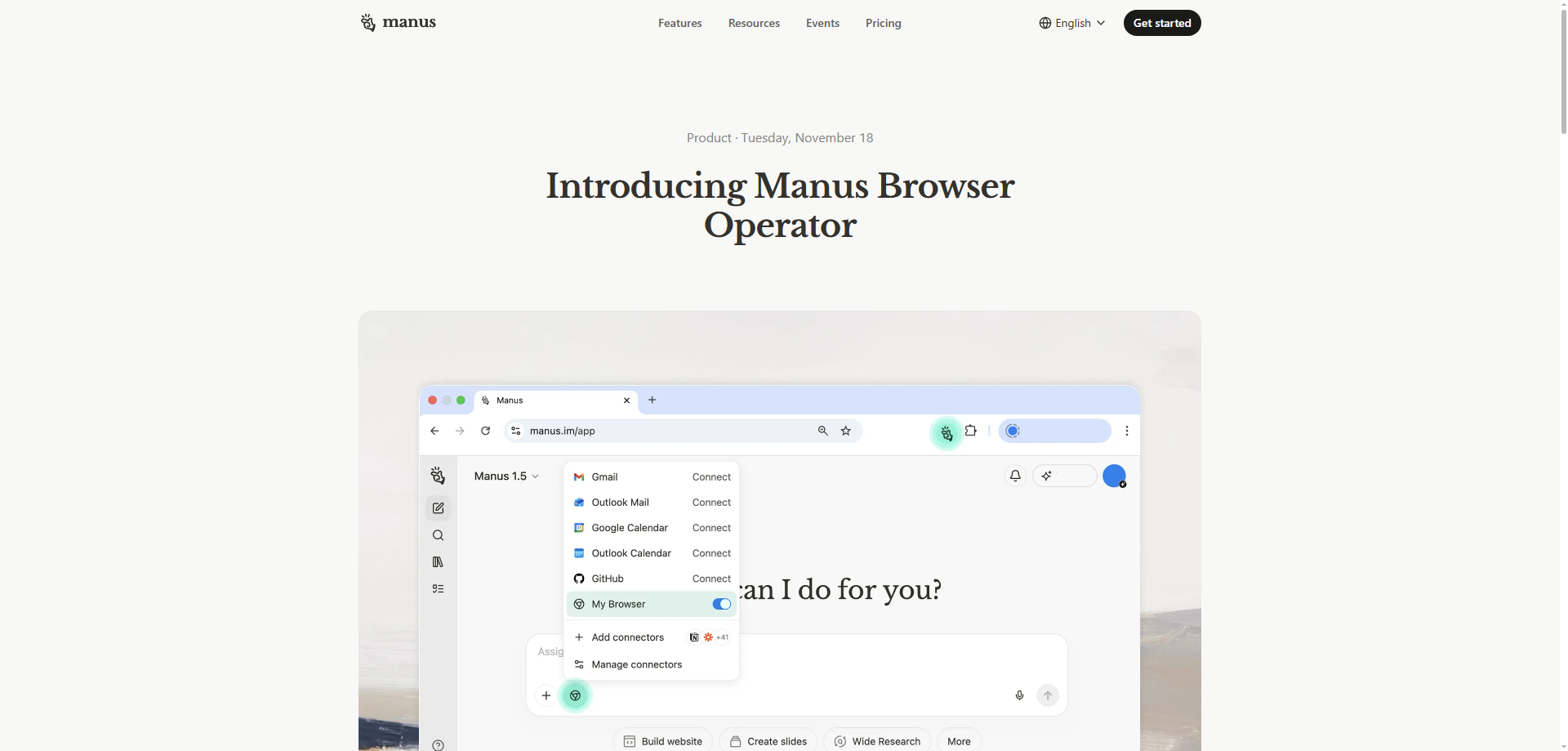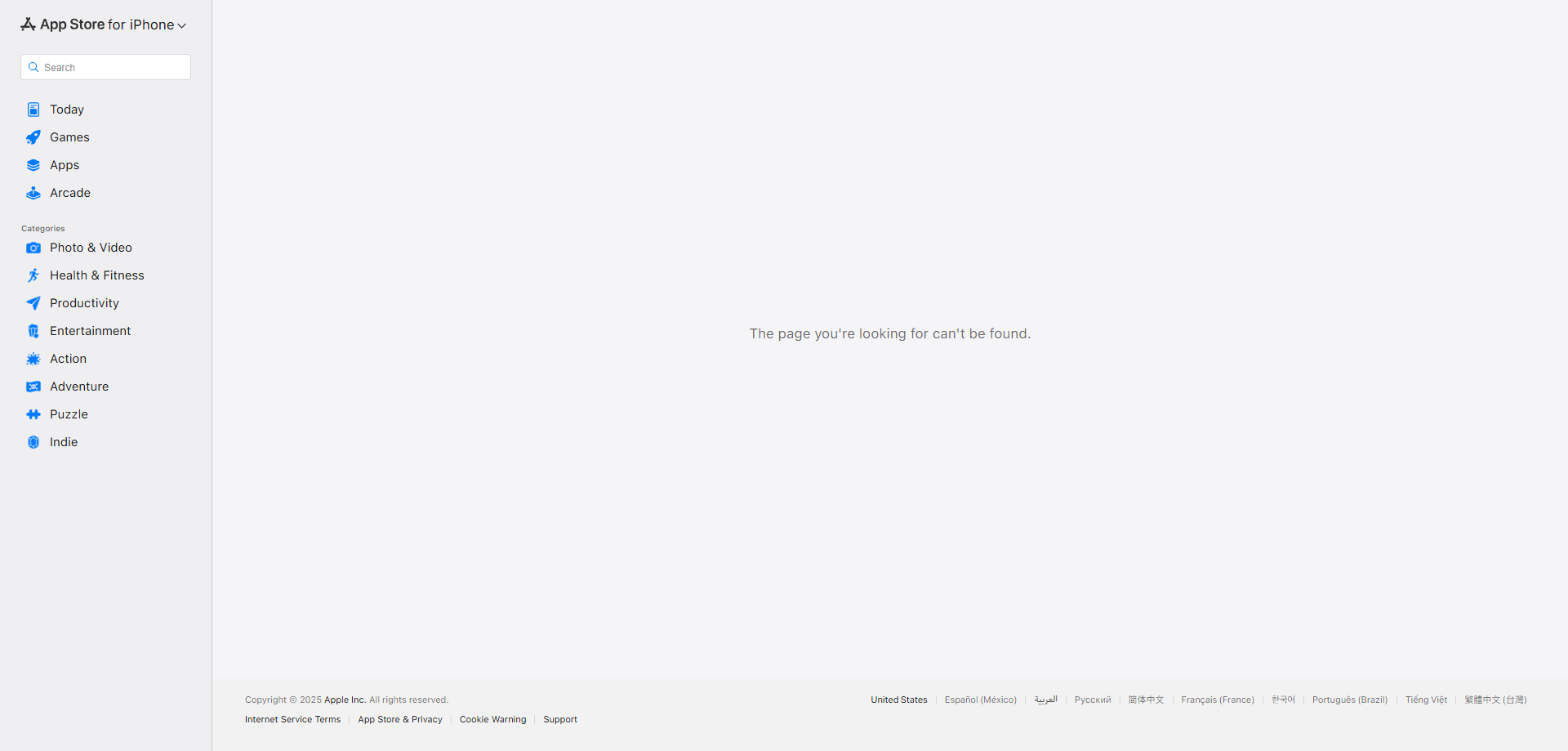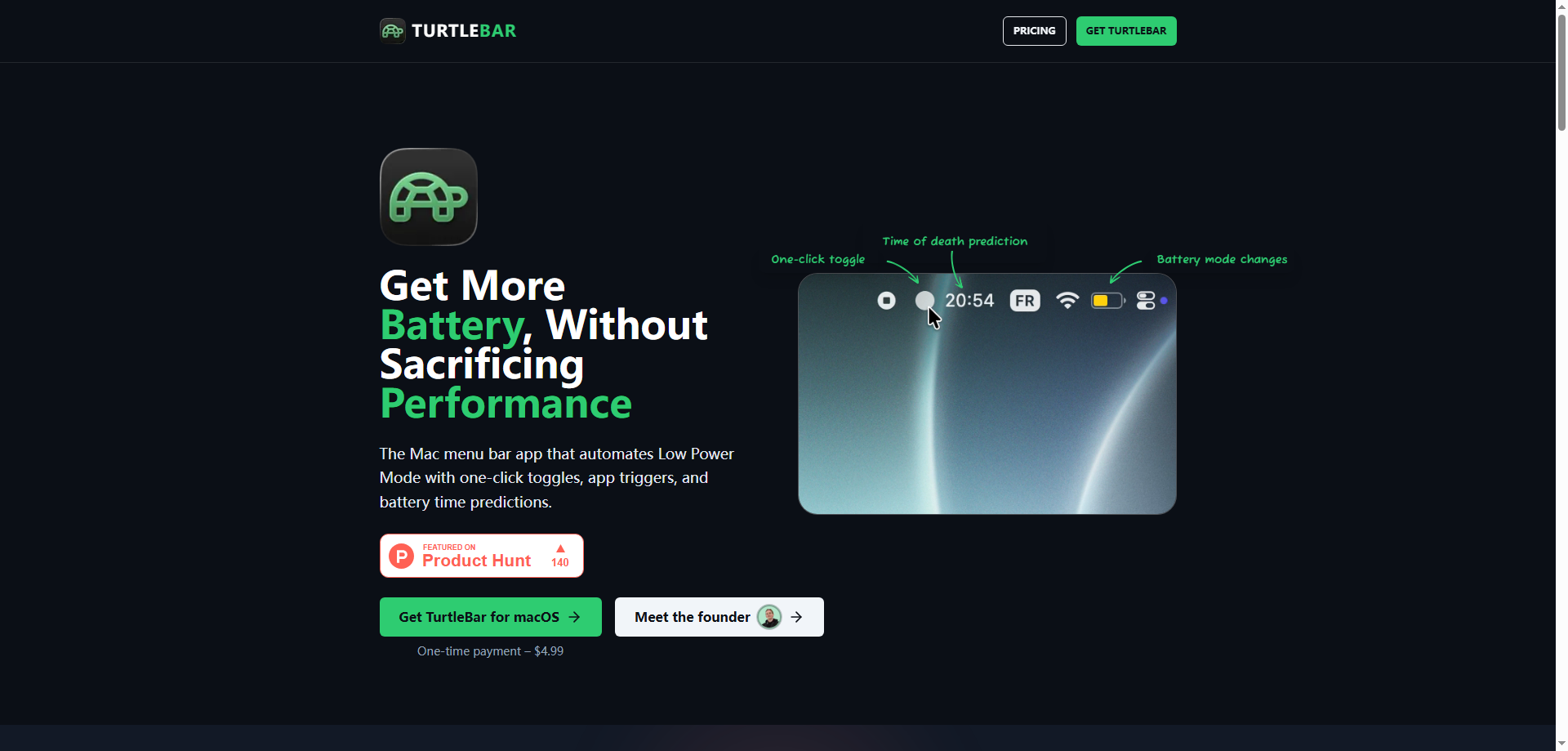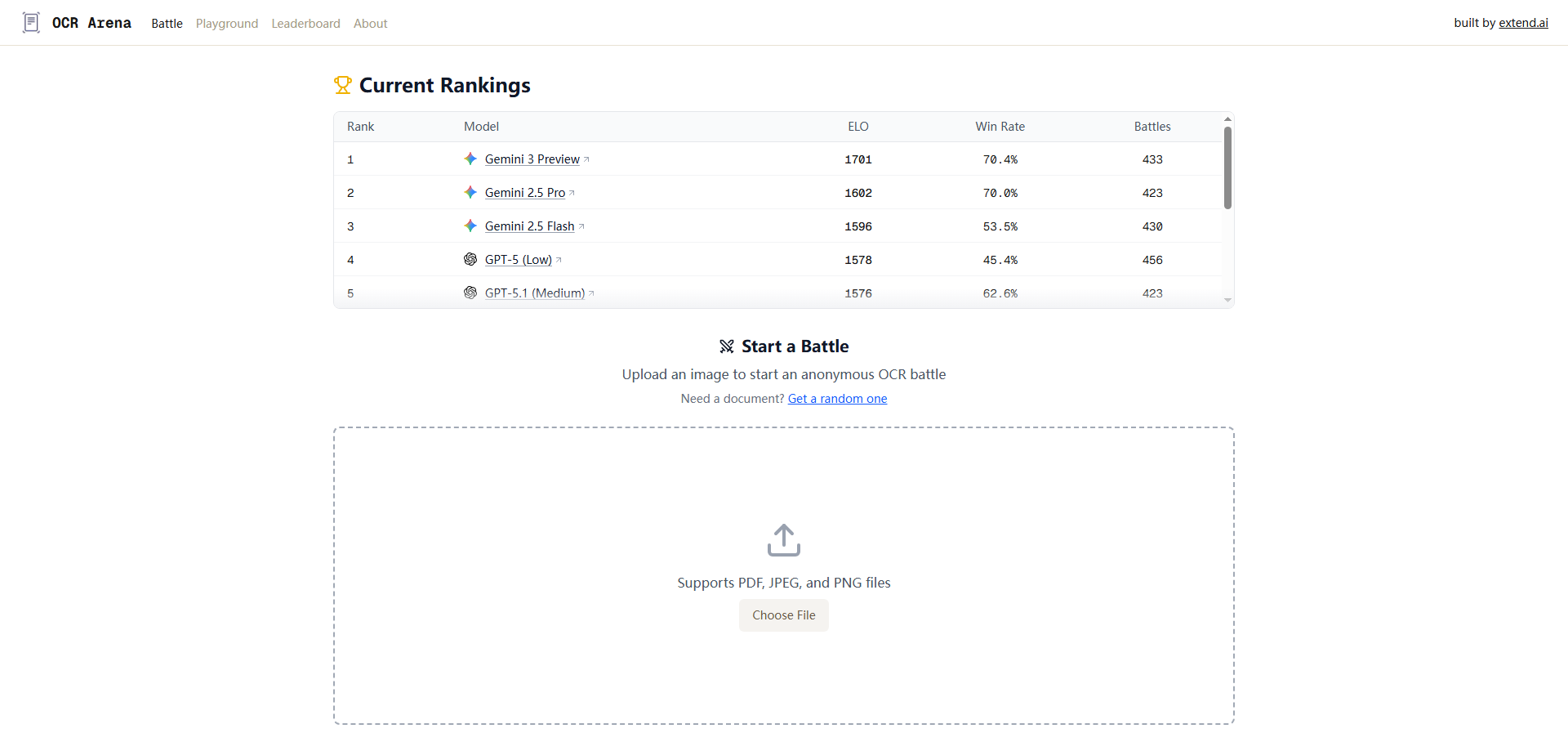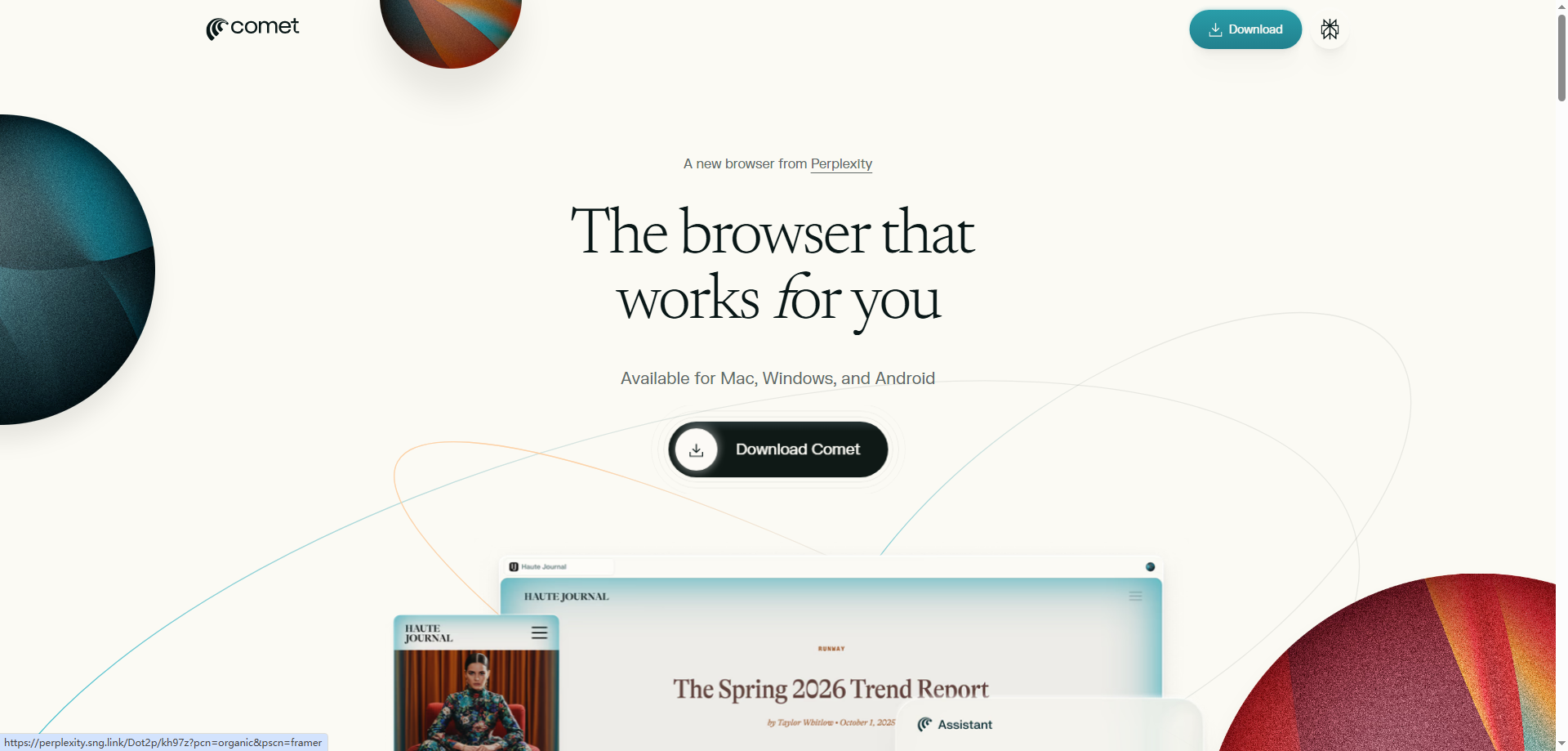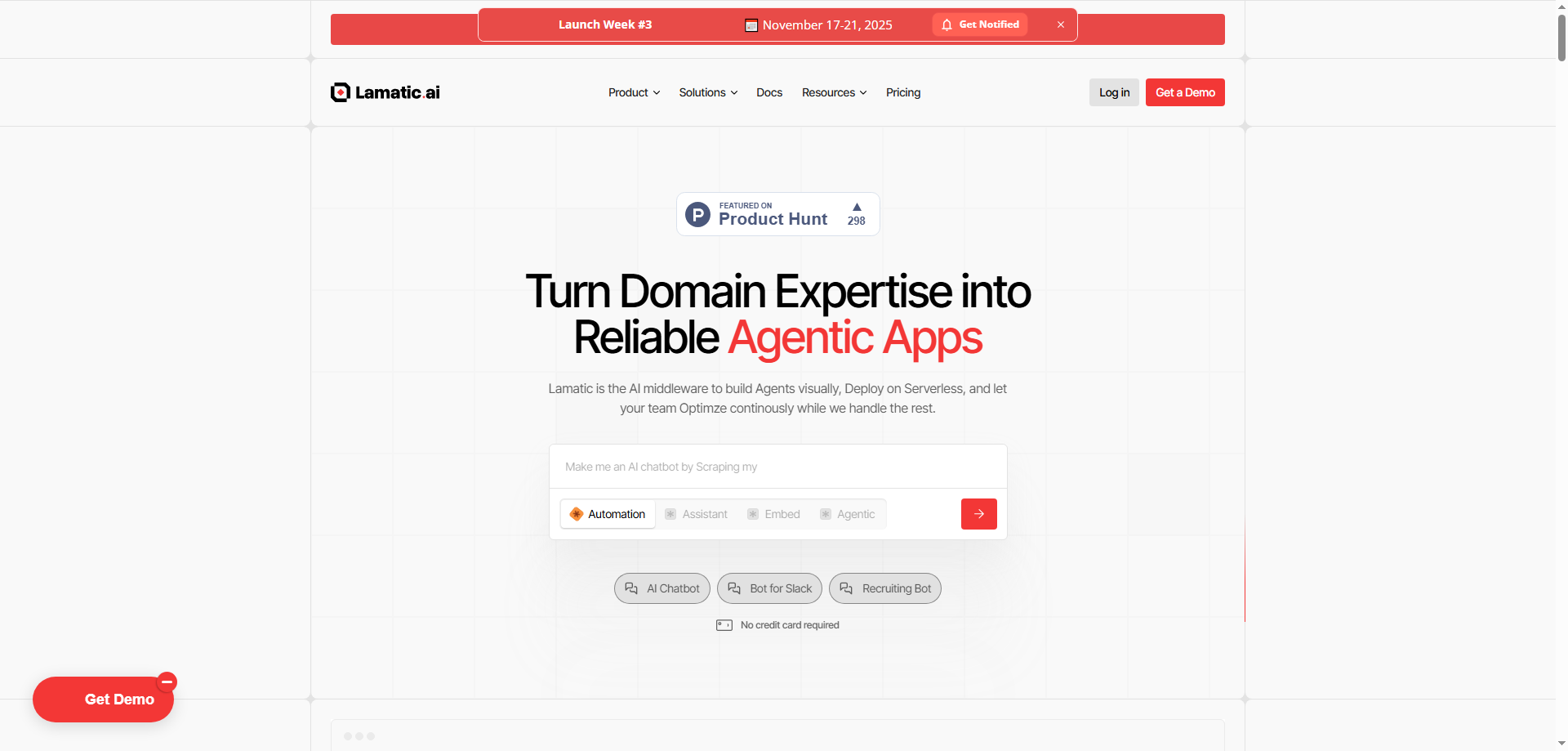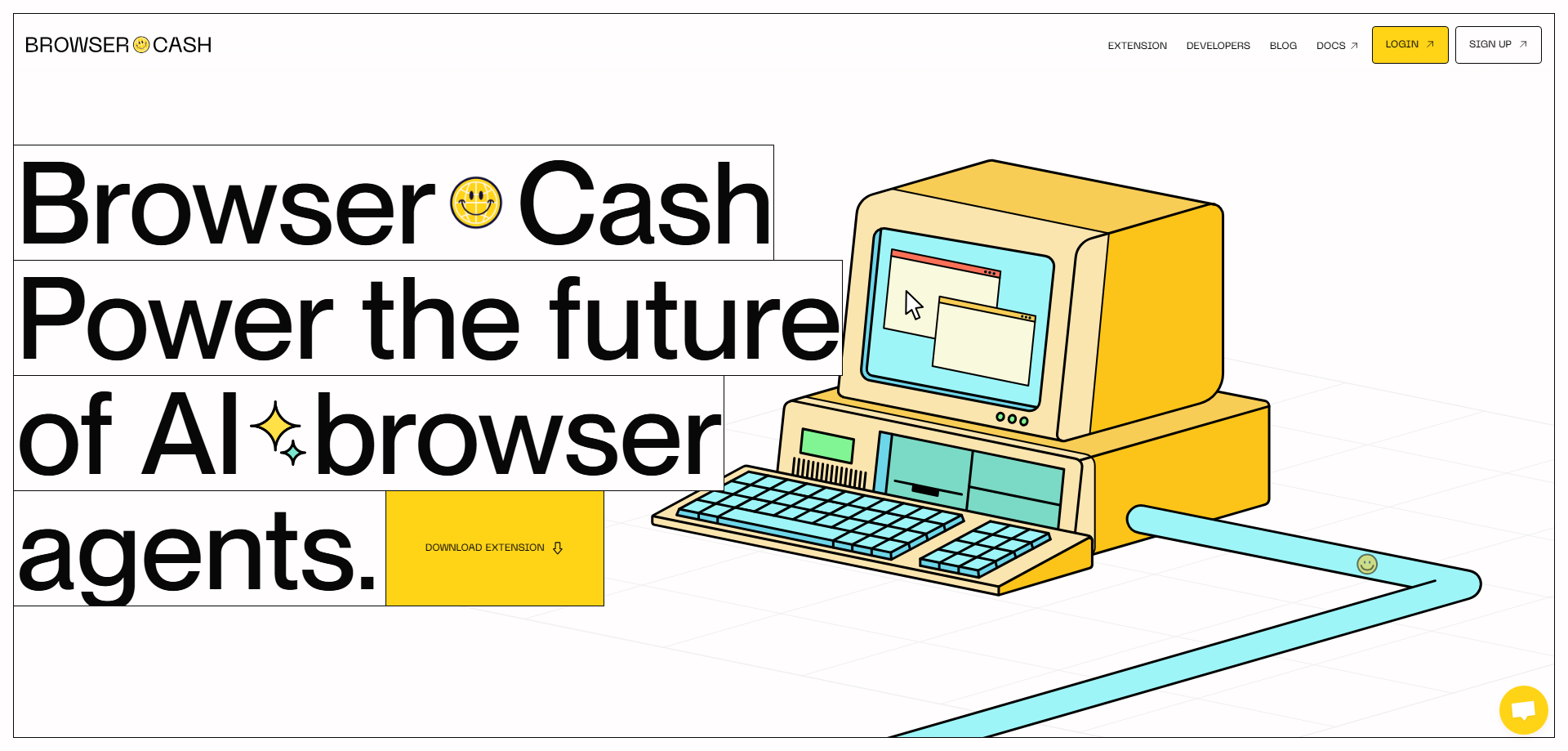The Creative Promise of Universal Browser AI Transformation
Let me tell you what catches my attention about Manus Browser Operator from a creative standpoint: the idea of transforming any browser into an AI-powered automation assistant through a simple extension is conceptually appealing. But I'm immediately cautious about whether the creative vision translates into practical value.
The core creative insight is democratizing browser automation. Traditionally, browser automation requires technical skills—writing scripts, understanding APIs, or using complex RPA platforms. Manus Browser Operator promises to make this accessible by turning your regular browser into an AI assistant through a simple extension. That's creatively democratic, lowering barriers to workflow automation.
What strikes me as interesting is the "any browser" positioning. Rather than building a proprietary AI browser like Arc or Opera's AI features, Manus works as an extension for existing browsers. That's creatively smart because it respects users' browser preferences and workflows. I don't need to switch browsers to get AI capabilities—I just add an extension to Chrome, Firefox, or whatever I already use.
The local processing emphasis shows creative thinking about privacy and control. In an era where cloud-based AI raises data concerns, processing everything locally addresses legitimate privacy anxieties. That's creatively positioning against cloud-dependent AI tools by offering transparency and control—you can see exactly what the AI is doing and maintain data sovereignty.
The focus on authenticated services and complex platforms is creatively specific. Rather than generic web browsing assistance, Manus targets workflow automation in CRM systems, ERPs, and authenticated services where repetitive tasks create genuine productivity drains. That targeted approach shows creative understanding of where browser automation delivers the most value.
However, the creative execution raises immediate questions I can't answer from the description. How does the AI actually understand what tasks to automate? Do I need to train it on specific workflows? Is there a visual workflow builder, natural language commands, or pre-built templates? The mechanism of interaction between user and AI automation is unclear, which makes evaluating the creative approach difficult.
The transparency claim is creatively important but vague. What does "transparent" actually mean? Can I see the AI's decision-making process? Can I pause and review actions before they execute? Transparency in automation is crucial for trust, but the implementation details matter enormously.
What I find less creatively compelling is the positioning against the crowded browser automation and RPA landscape. Tools like Zapier, UiPath, Automator, Bardeen, and dozens of others already offer browser automation with varying degrees of AI assistance. What makes Manus's creative approach genuinely different or superior isn't clearly articulated.
The Product Hunt reception (144 votes, only 3 discussions) is concerning from a creative resonance perspective. For a tool promising to transform browsers with AI, that's minimal engagement from a tech-savvy community. Either the value proposition isn't resonating, or the execution doesn't live up to the creative promise.
The use cases described—sales, customer service, marketing, e-commerce, data analysis—are extremely generic. Every automation tool targets these same workflows. More creative positioning would identify specific pain points or scenarios where Manus's approach is uniquely valuable versus established alternatives.
I appreciate the creative vision of making any browser AI-powered through a simple extension with local processing and transparency. But creative concepts need exceptional execution to matter, and I'm uncertain whether Manus delivers that based on available information.
Can a Browser Extension Actually Disrupt Enterprise Automation Tools?
Here's where I need brutal honesty about Manus Browser Operator's disruption potential. The browser automation and RPA market is mature, competitive, and already populated with powerful solutions. Can Manus genuinely disrupt this landscape? I'm skeptical.
Let's examine the competitive reality. Enterprise RPA platforms like UiPath, Automation Anywhere, and Blue Prism offer sophisticated workflow automation with extensive capabilities, enterprise support, and proven track records. These tools handle complex multi-step automations, integrate with enterprise systems, and provide governance and compliance features. Manus, as a browser extension, operates at a completely different level of sophistication and enterprise readiness.
Consumer-friendly automation tools like Zapier, IFTTT, and Make (formerly Integromat) already serve the market segment Manus seems to target—users wanting simple automation without technical expertise. These platforms have millions of users, thousands of pre-built integrations, and extensive template libraries. Manus needs to offer dramatic advantages to displace these established solutions.
Browser-specific automation extensions like Bardeen, Automa, or Web Scraper already provide browser automation with varying AI capabilities. Bardeen specifically offers AI-powered browser automation with natural language commands and pre-built playbooks. What does Manus do that Bardeen doesn't? The differentiation isn't clear, which severely limits disruption potential.
AI browser assistants are proliferating. Chrome has built-in AI features, Opera has integrated AI, Arc browser has AI capabilities, and countless extensions add AI functionality to browsers. The market is crowded with solutions attempting to make browsers AI-powered. Manus is one of many, not a category creator.
For Manus to disrupt existing solutions, it would need clear superiority in several dimensions. Does it offer better automation capabilities? More reliable AI understanding? Superior integration with authenticated services? Easier workflow creation? Without concrete evidence of superiority, disruption seems unlikely.
The local processing angle could be differentiating for privacy-conscious users or regulated industries where data residency matters. If Manus truly processes everything locally while competitors rely on cloud services, that creates a niche advantage. But is this local processing actually AI, or is it following pre-programmed rules? The distinction matters enormously for the value proposition.
The "any browser" compatibility is nice but not particularly disruptive. Most browser extensions work across Chromium-based browsers (Chrome, Edge, Brave, etc.), and many also support Firefox. This isn't unique positioning—it's standard extension development.
Where Manus might carve a niche is in very specific workflow automation scenarios where its particular implementation works better than alternatives. But broad disruption of the browser automation or RPA markets seems implausible given the crowded competitive landscape and unclear differentiation.
The transparent automation claim could be meaningful if it means users can truly understand and control automation in ways competing tools don't allow. But without seeing the actual implementation, it's impossible to assess whether this is genuinely superior transparency or just marketing language.
My honest assessment: Manus won't disrupt enterprise RPA platforms because it lacks the sophistication, governance, and enterprise features those markets require. It won't disrupt consumer automation platforms like Zapier because they have massive head starts, established user bases, and extensive integration ecosystems. It might find a niche among users wanting local, privacy-focused browser automation, but that's a small segment, not broad disruption.
Will Users Actually Adopt Another Browser Automation Extension?
This acceptance question is critical because browser automation extensions live or die based on whether users find them valuable enough to integrate into daily workflows. I'm cautiously pessimistic about Manus's acceptance prospects for several reasons.
Let's start with potential acceptance drivers. Browser automation is genuinely useful. People waste countless hours on repetitive web tasks—data entry, form filling, information extraction. Tools that automate these tasks deliver real time savings, which should drive acceptance among productivity-focused users.
The privacy and local processing angle could resonate with users concerned about data security. In industries handling sensitive information or users in regulated environments, local processing might be compelling enough to drive adoption over cloud-based alternatives.
The "any browser" compatibility removes one barrier to trial. Users don't need to switch browsers to test Manus—they can add it to their current setup. That lowers the friction to experimentation.
However, the acceptance barriers are substantial. The 144 Product Hunt votes and only 3 discussions are frankly alarming. For a productivity tool targeting a large market, this minimal engagement suggests the value proposition isn't resonating even with early adopters. If tech enthusiasts aren't excited, mainstream acceptance seems doubtful.
The market saturation creates huge acceptance friction. Users interested in browser automation have likely already tried Zapier, Bardeen, or other established tools. Convincing them to switch to Manus requires demonstrating clear superiority, not just comparable functionality. What specific benefit justifies learning a new tool?
The learning curve question affects acceptance significantly. How easy is it to set up automations in Manus? Do I need to manually configure workflows, or does the AI genuinely understand natural language instructions? If there's substantial setup complexity before seeing value, most users will abandon during onboarding.
The reliability and accuracy concerns matter enormously for automation. If Manus occasionally makes mistakes—entering data incorrectly, clicking wrong buttons, or failing to complete tasks—users will lose trust immediately. Automation needs to be extremely reliable to be valuable, and browser-based automation is notoriously fragile as websites change.
The integration ecosystem determines practical utility. Can Manus actually automate complex workflows across the CRM systems, ERPs, and authenticated services mentioned? Or does it struggle with dynamic websites, complex authentication, or frequently-changing interfaces? Real-world automation is much harder than simple demos suggest.
The feature depth question impacts long-term retention. Even if users try Manus, will they continue using it? Does it offer enough sophisticated capabilities to replace other tools, or does it complement them? If it's merely supplementary, it becomes yet another tool to manage rather than a consolidated solution.
The pricing model (unspecified in the description) will critically affect acceptance. If Manus is free, trial barriers are minimal. If it requires subscription fees, it needs to justify costs against free alternatives like basic Zapier, various free browser automation extensions, or manual work.
The technical support and documentation matter for acceptance. When automations break or users encounter issues, is there helpful support, extensive documentation, and active community? Tools without strong support ecosystems struggle with retention.
But here's why I see limited acceptance potential: the value proposition isn't clearly differentiated from established alternatives, the Product Hunt reception suggests minimal market enthusiasm, and browser automation is already well-served by existing tools. Without compelling reasons to switch, most users will stick with familiar solutions.
I predict acceptance will be limited to:
- Privacy-focused users specifically seeking local automation
- Users whose particular workflows happen to work exceptionally well with Manus
- Curious early adopters willing to experiment with new tools
Mainstream acceptance among productivity users, enterprise teams, or anyone already using automation tools seems unlikely without substantial product evolution demonstrating clear superiority.
My Survival Rating and Realistic Outlook
Alright, here's my honest assessment. I'm giving Manus Browser Operator 2 out of 5 stars for survival probability over the next year. This low rating reflects serious competitive pressures, weak market validation, and unclear differentiation.
Why I'm giving only 2 stars (the harsh realities):
The competitive landscape is brutally crowded. Browser automation extensions, RPA tools, and AI assistants proliferate in overwhelming numbers. Established players like Bardeen, Zapier, and enterprise RPA platforms have massive advantages in funding, features, user bases, and brand recognition. Competing against these entrenched solutions without clear differentiation is extremely difficult.
The Product Hunt traction is worryingly weak. Only 144 votes and 3 discussions from a community that loves productivity tools suggests minimal market interest. If early adopters aren't excited, broader adoption seems nearly impossible. These numbers indicate the product isn't resonating.
The differentiation is unclear or insufficient. "Turn any browser into an AI browser" sounds compelling but is vague. What specifically does Manus do better than Bardeen, Automa, or dozens of other automation extensions? Without clear unique value, there's no compelling reason for users to adopt.
The technical challenges of reliable browser automation are enormous. Websites constantly change, authentication flows become more complex, and edge cases break automations regularly. Building truly reliable automation requires continuous maintenance and sophisticated error handling that's extremely resource-intensive.
The monetization path is uncertain. Most users expect browser extensions to be free or very cheap. Charging meaningful subscription fees for browser automation is difficult when free alternatives exist. Without sustainable revenue, survival becomes impossible.
The market education burden is substantial. Even if Manus has unique advantages, educating potential users about those benefits while competing against established tools with existing mindshare requires marketing resources most startups lack.
Why I'm giving 2 instead of 1 (the minimal positives):
The local processing angle provides some differentiation for privacy-conscious users. If genuinely implemented well, this could create a sustainable niche among users in regulated industries or those prioritizing data sovereignty.
The browser extension model has low distribution friction. Users can install and try easily without major commitment. If the product genuinely delivers value, word-of-mouth growth is possible.
The automation market continues growing as people seek productivity improvements. There's ongoing demand for workflow automation, which provides opportunity even in crowded markets.
The survival-threatening risks:
User acquisition will be extremely difficult and expensive. Competing for attention against established automation tools with strong SEO, brand recognition, and marketing budgets requires resources most startups can't sustain.
User retention seems implausible without clear value demonstration. Even if users install Manus, they'll abandon it if automations are unreliable, setup is complex, or established tools work better. Without strong retention, growth stalls.
The technical maintenance burden of keeping automations working as websites change could overwhelm a small team. Each website update potentially breaks automations, creating endless maintenance work.
Competition from bigger players threatens existence. If Manus gains any traction with a valuable feature, larger companies like Google, Microsoft, or established automation platforms can simply copy and integrate that feature, eliminating differentiation.
The feature parity problem is unsolvable. Anything Manus builds can be replicated by competitors with more resources. Without defensible moats, sustainable competitive advantage seems impossible.
The opportunities that could improve survival (but seem unlikely):
Vertical specialization could create defensibility. Rather than generic browser automation, focusing deeply on specific industries or use cases—perhaps healthcare compliance automation, financial services data entry, or specific CRM automation—might create sustainable niches.
Enterprise features and white-label opportunities could open B2B revenue. Offering on-premise deployment, custom integration services, or white-label automation for software companies could generate revenue beyond consumer subscriptions.
Partnership and integration strategies might provide distribution. Becoming the automation layer for specific platforms or integrating deeply with particular CRM or ERP systems could provide access to existing user bases.
Acquisition potential exists if unique technology is developed. If Manus builds genuinely superior automation AI or solves specific technical challenges well, larger automation companies might acquire for technology or team talent.
Open-source community development could build ecosystem. Releasing core functionality as open-source while monetizing premium features or support could build community engagement and contribution that single teams can't achieve alone.
The bottom line:
I'm giving 2 stars because while browser automation has legitimate use cases and Manus addresses real needs, the competitive pressures are overwhelming, market validation is weak, and differentiation is unclear. The product needs dramatic evolution or extremely focused positioning to have reasonable survival odds.
For survival, Manus needs to:
- Clearly differentiate from established competitors with unique, valuable features
- Prove exceptional reliability and ease-of-use that justifies switching from existing tools
- Find sustainable monetization that users actually accept
- Build strong user acquisition channels despite fierce competition
- Establish defensible positioning through vertical focus or unique technology
- Develop sticky retention through superior workflow automation outcomes
Without rapid progress on these dimensions, Manus will likely join the long list of browser automation tools that launched with promise but faded when unable to overcome competitive realities and user adoption challenges.
Final Thoughts on Browser Automation Consolidation
After examining Manus Browser Operator thoroughly, I keep returning to one uncomfortable truth: the browser automation space is oversaturated with solutions, and new entrants need revolutionary differentiation, not incremental improvements. Manus appears incremental.
The fundamental challenge isn't that browser automation lacks value—it's genuinely useful. The problem is this need is already extensively served by established tools with proven track records, extensive features, and loyal user bases. Displacing these solutions requires not just comparable functionality but clear superiority.
I want to emphasize that I'm not dismissing the team's effort. Building browser automation is technically challenging, and every product launch represents significant work. But market realities matter more than effort.
For users considering Manus: if you discover it and it's free, trying it costs little beyond time. Maybe it will work exceptionally well for your specific workflows. But I wouldn't expect it to replace established automation tools unless it demonstrates dramatic superiority.
For the Manus team: the harsh feedback is meant to be constructive. The browser automation market is brutally competitive, and surviving requires either exceptional execution of genuinely unique value, or pivoting to less saturated opportunities. The "local processing" and "transparency" angles could work if developed into compelling, provable advantages for specific user segments.
The broader lesson is about market selection and timing. Sometimes excellent products fail not because they're poorly built but because they enter markets where success is nearly impossible due to entrenched competition and saturation. Browser automation unfortunately appears to be one of those markets.
I genuinely hope Manus surprises me. Perhaps there are revolutionary features not mentioned in the description. Perhaps the execution is so exceptional that users organically prefer it. Perhaps the team has brilliant strategies for overcoming competitive disadvantages. But based on available information—weak Product Hunt traction, unclear differentiation, crowded competitive landscape—the path to survival appears extremely challenging, which is why my rating reflects that difficult reality.
The future of browser automation likely involves consolidation around a few dominant players and specialized niche tools serving specific verticals. Whether Manus finds a sustainable niche or becomes another casualty in the oversaturated automation tool graveyard is the question this next year will answer.
